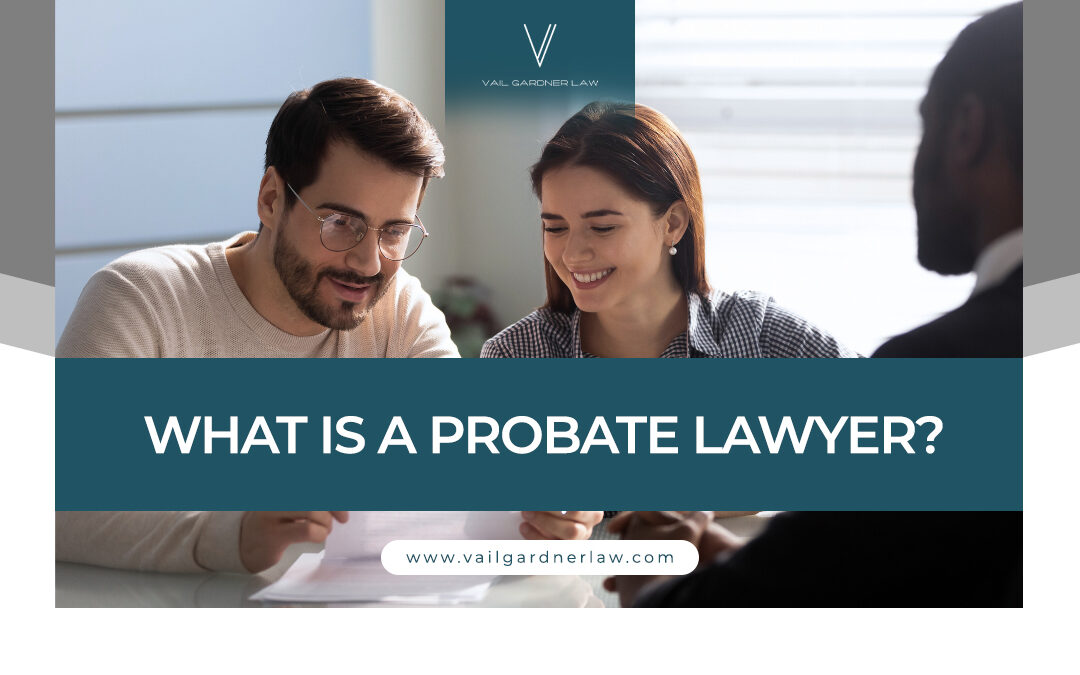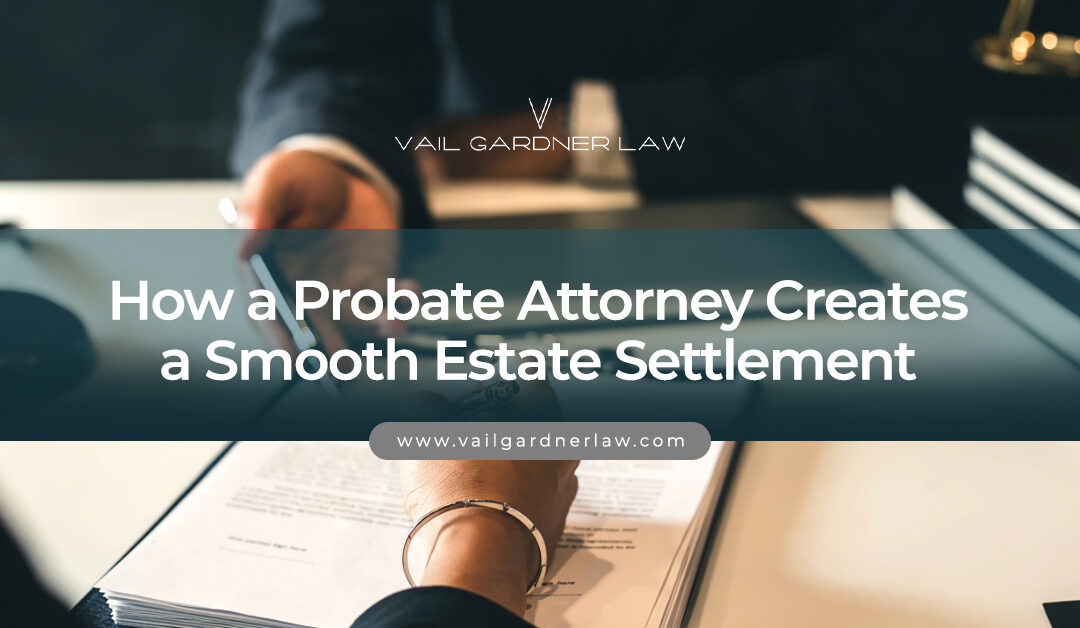Vail gardner law
Blog
My blog can be a helpful resource as you plan your estate.
Information is powerful when putting together your estate plan. At Vail Gardner Law, I update my blog regularly with helpful estate planning information, as well as updates about my upcoming estate planning workshops and other news about my law firm in Durham, North Carolina.
The information on this website is for general information purposes only. It should not be taken as legal advice for any situation. By viewing this website, no attorney-client relationship is established.

How Much Money Can Be Put in a Special Needs Trust?
If you’re caring for a loved one with special needs, you know how important it is to ensure their financial future is secure. One way to do this is by setting up a special needs trust. But how much money can you actually put into one of these trusts? It’s a common question, and the answer can significantly impact your planning. Let’s dive into the details together.
When setting up a special needs trust, you’re taking a big step toward securing your loved one’s future. But it’s essential to understand the rules and limits involved. This type of trust is designed to benefit individuals with disabilities without jeopardizing their eligibility for government benefits like Medicaid or Supplemental Security Income (SSI).
The good news is that there is no limit to the amount of money you can put into a special needs trust. This flexibility allows you to provide as much support as needed. However, the trust must be managed properly to ensure it meets legal requirements and serves its intended purpose.
In this blog, we’ll explore the various aspects of funding a special needs trust. We’ll cover how these funds can be used, the types of trusts available, and the potential impact on your loved one’s benefits. By the end, you’ll have a clear understanding of how to make the most of this valuable tool in your financial planning toolkit.
So, let’s get started and ensure you’re equipped with the knowledge to provide the best possible future for your loved one.

How Much Does an Estate Have to Be Worth to Go to Probate?
When you’re planning your estate or dealing with the loss of a loved one, understanding the probate process in North Carolina is crucial. Many people wonder how much an estate needs to be worth before it has to go through probate. In North Carolina, if an estate’s value is below a certain threshold, you may be able to avoid formal probate through a simplified process. This can save time, money, and stress during an already difficult period. However, if the estate surpasses this value, the court may require formal probate. As of now, estates valued at $20,000 or less may qualify for a simplified process called a small estate affidavit. For surviving spouses, this limit is increased to $30,000. Let’s explore the specifics of probate, the assets that count, and what steps you can take to simplify the process.

What is a Probate Lawyer?
When someone you love passes away, the last thing you want to deal with is the legal complexities that follow. This is where a probate lawyer comes into the picture. In the probate process, you’re dealing with wills, court proceedings, and sometimes disputes among family members. A probate lawyer acts as your guide. They help manage the legal process of distributing the deceased person’s assets, ensuring everything is done according to the law and the deceased’s wishes. We’ll explore what probate involves and how a probate lawyer can make this challenging time a bit easier for you. We’ll cover everything you need to know. By the end of this discussion, you’ll have a clearer understanding of why having a probate lawyer by your side can provide peace of mind during a difficult time. Learn about the role of a probate lawyer and how they can assist you in managing an estate in North Carolina.

How to Become “Executor of Estate” Without Will
When a loved one passes away without a will, it can feel like you’re stepping into uncharted territory. You’re already dealing with grief, and now there’s the added pressure of managing their estate. But don’t worry, we’re in this together. Let’s navigate the probate process when there is no last will. We’ll walk through each step to make this easier on you.

Do All Heirs Have to Agree to Sell Property
When dealing with inherited property in North Carolina, many questions arise, especially when it comes to selling that property. A common concern among heirs is whether everyone must be on the same page to proceed with the sale.
The process can be complex, involving various legal stipulations and personal considerations. Understanding the nuances of property inheritance and the specific laws in North Carolina is crucial.
In this blog, we will explore whether unanimous agreement is necessary for selling inherited property and the legal pathways available if not all heirs agree.
Whether you’re an executor, a beneficiary, or just seeking clarity, this guide will provide valuable insights to help you navigate this intricate aspect of estate law.

How Does a Probate Attorney Create a Smooth Estate Settlement?
Dealing with the loss of a loved one is never easy. During this challenging time, the last thing you want is to worry about the legal complexities of estate settlement. This is where a probate attorney steps in, providing invaluable support and guidance to ensure the smooth handling of everything. You might be wondering, what exactly does a probate attorney do to create a seamless estate settlement? Imagine sitting down with a friend who understands every detail of the process, and who can take the burden off your shoulders. That’s what a probate attorney offers. They help you manage the various legal tasks involved, from validating the will to distributing assets to the rightful heirs.
